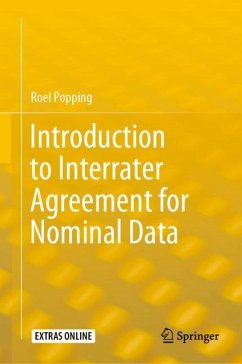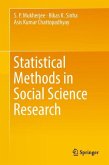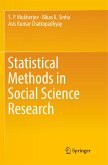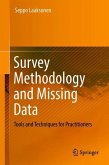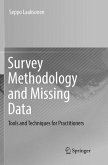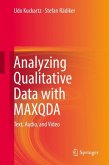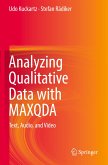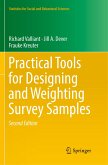This introductory book enables researchers and students of all backgrounds to compute interrater agreements for nominal data. It presents an overview of available indices, requirements, and steps to be taken in a research project with regard to reliability, preceded by agreement. The book explains the importance of computing the interrater agreement and how to calculate the corresponding indices. Furthermore, it discusses current views on chance expected agreement and problems related to different research situations, so as to help the reader consider what must be taken into account in order to achieve a proper use of the indices.
The book offers a practical guide for researchers, Ph.D. and master students, including those without any previous training in statistics (such as in sociology, psychology or medicine), as well as policymakers who have to make decisions based on research outcomes in which these types of indices are used.
The book offers a practical guide for researchers, Ph.D. and master students, including those without any previous training in statistics (such as in sociology, psychology or medicine), as well as policymakers who have to make decisions based on research outcomes in which these types of indices are used.

